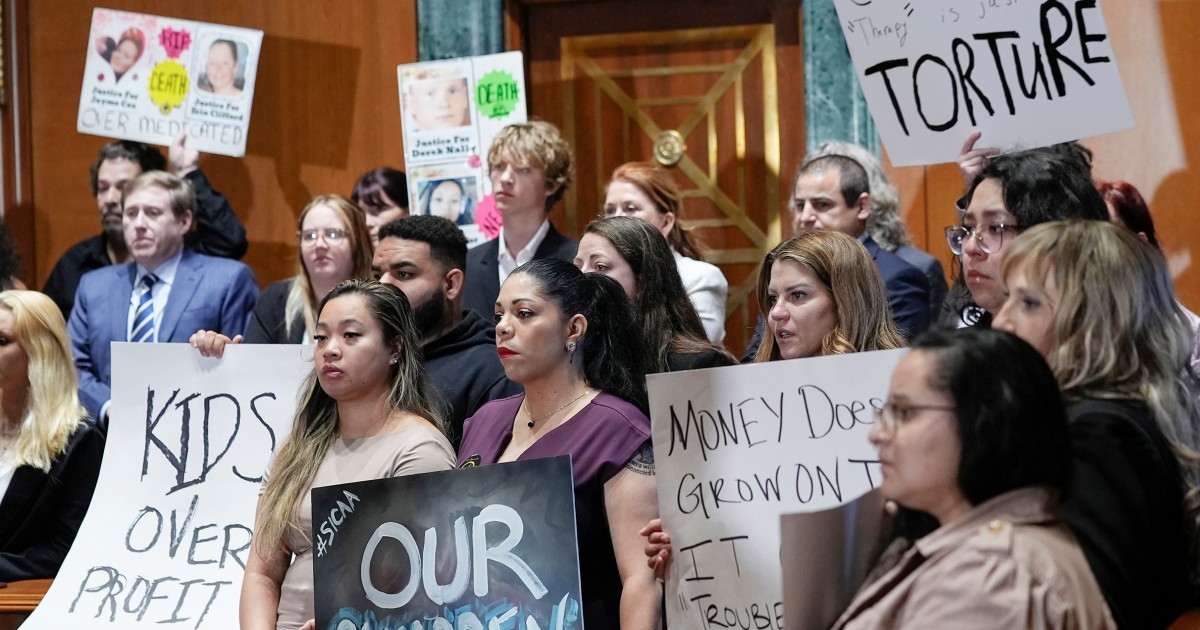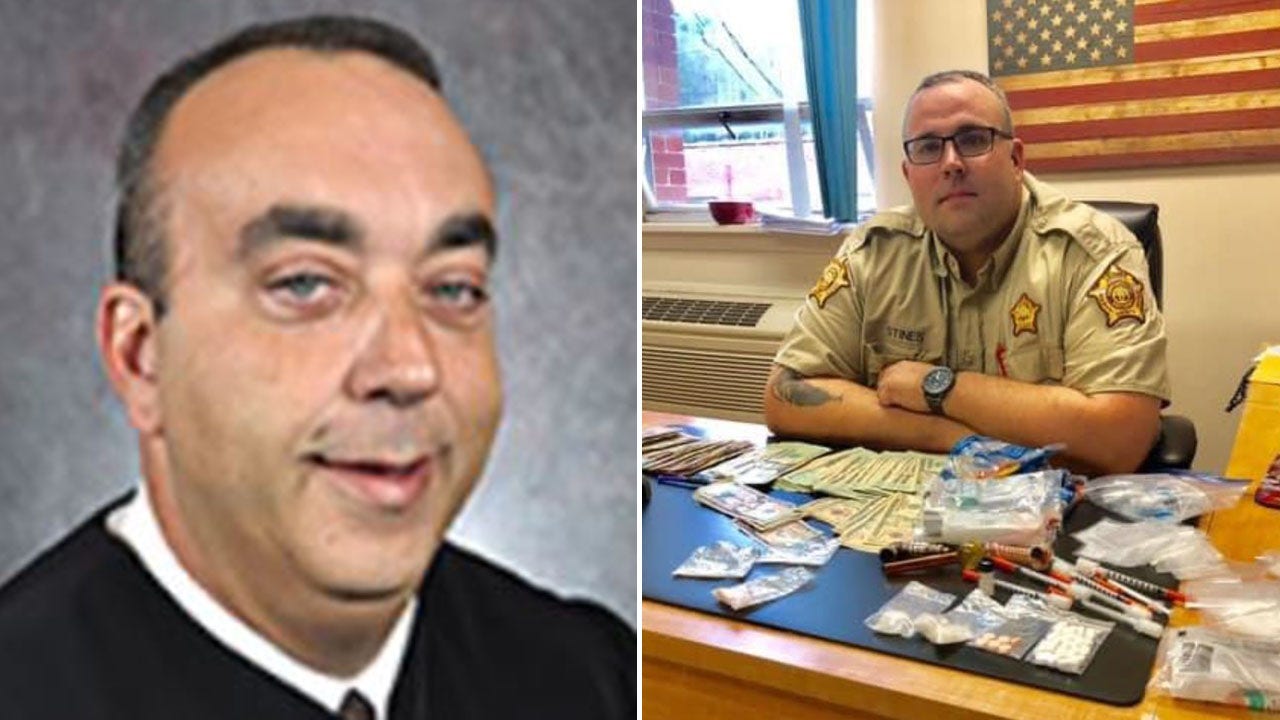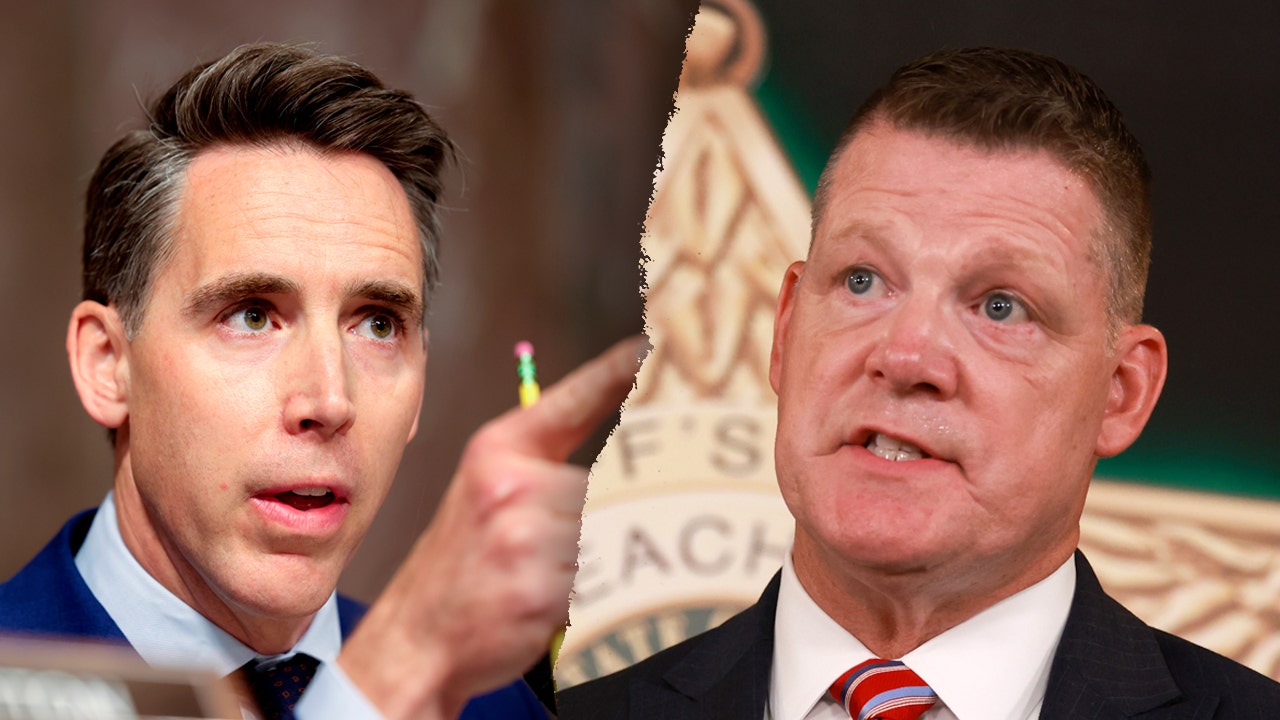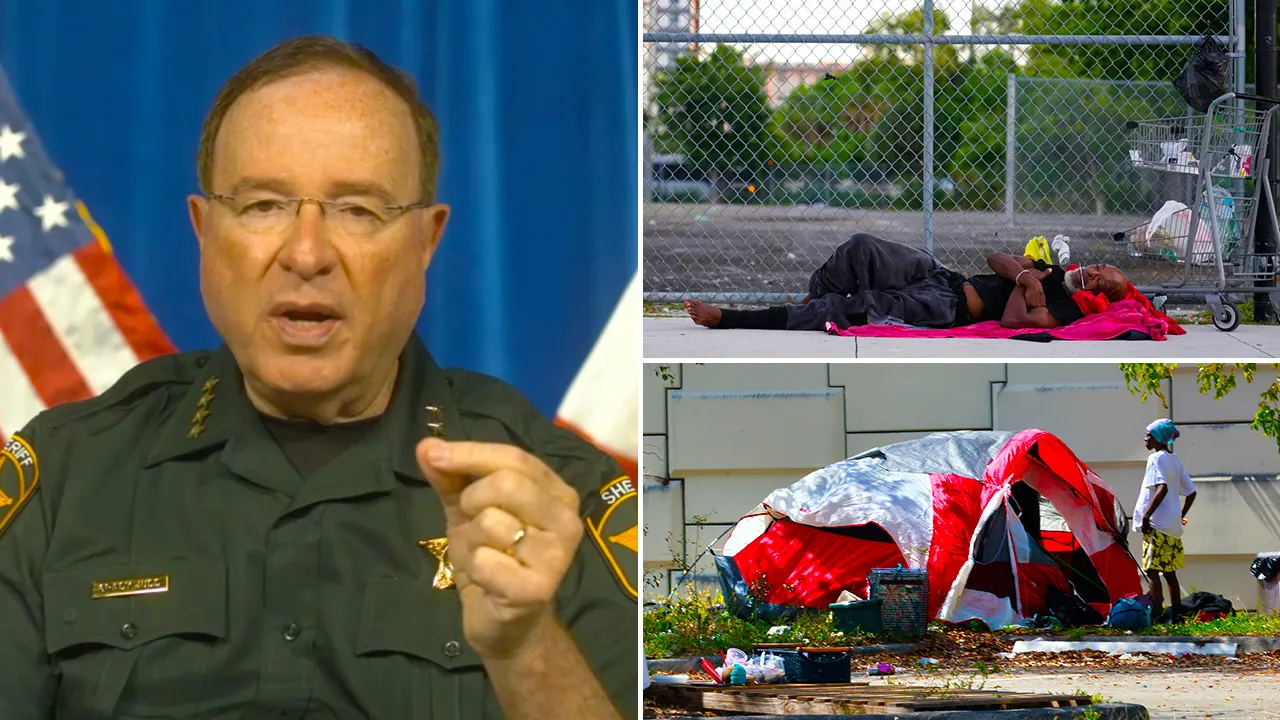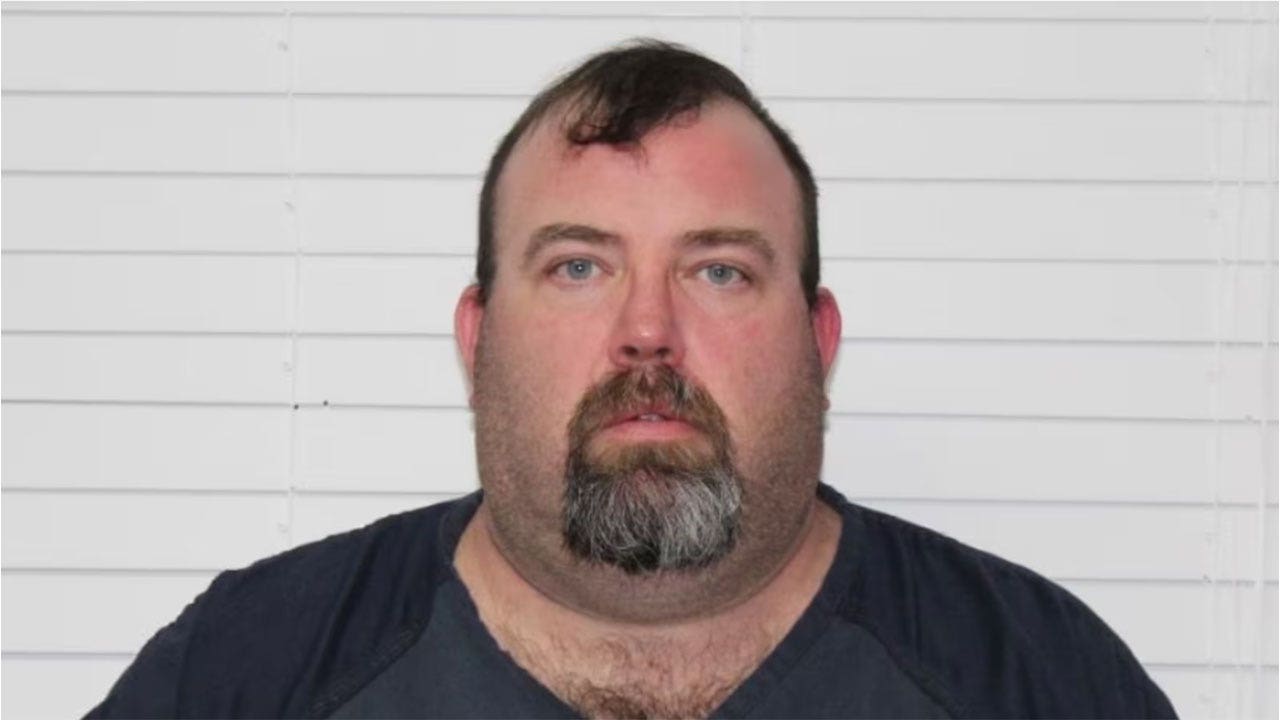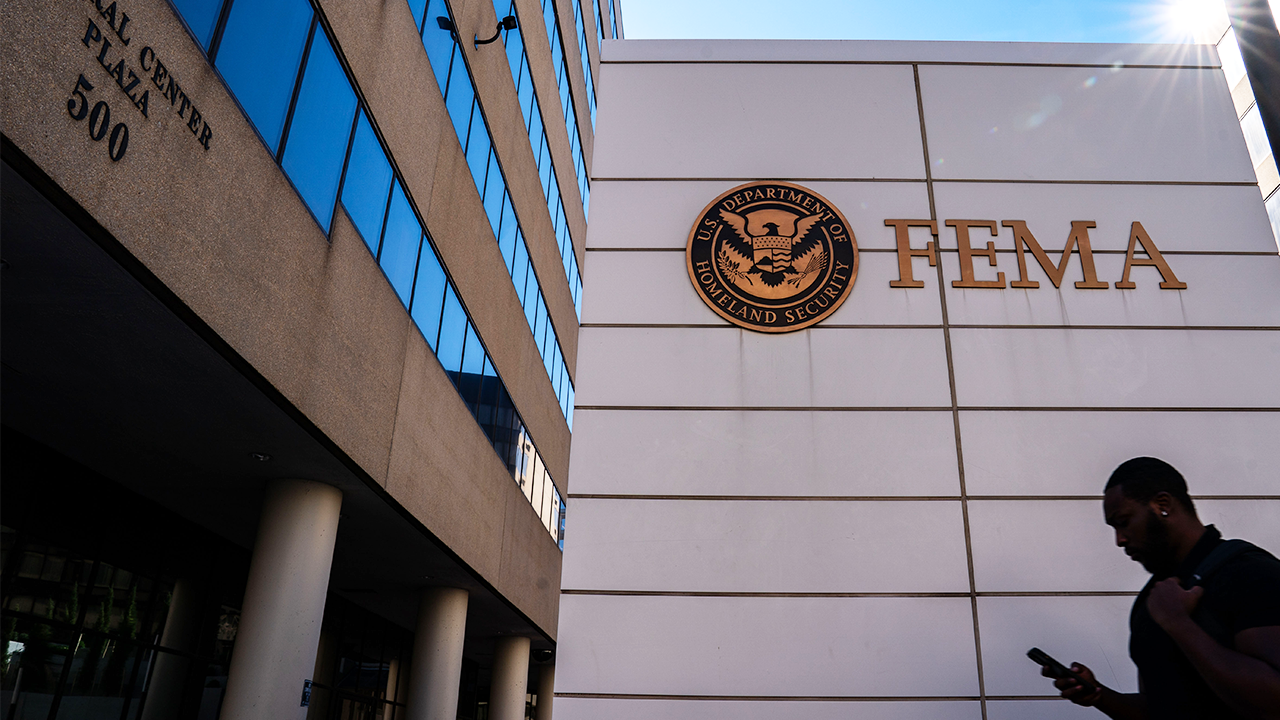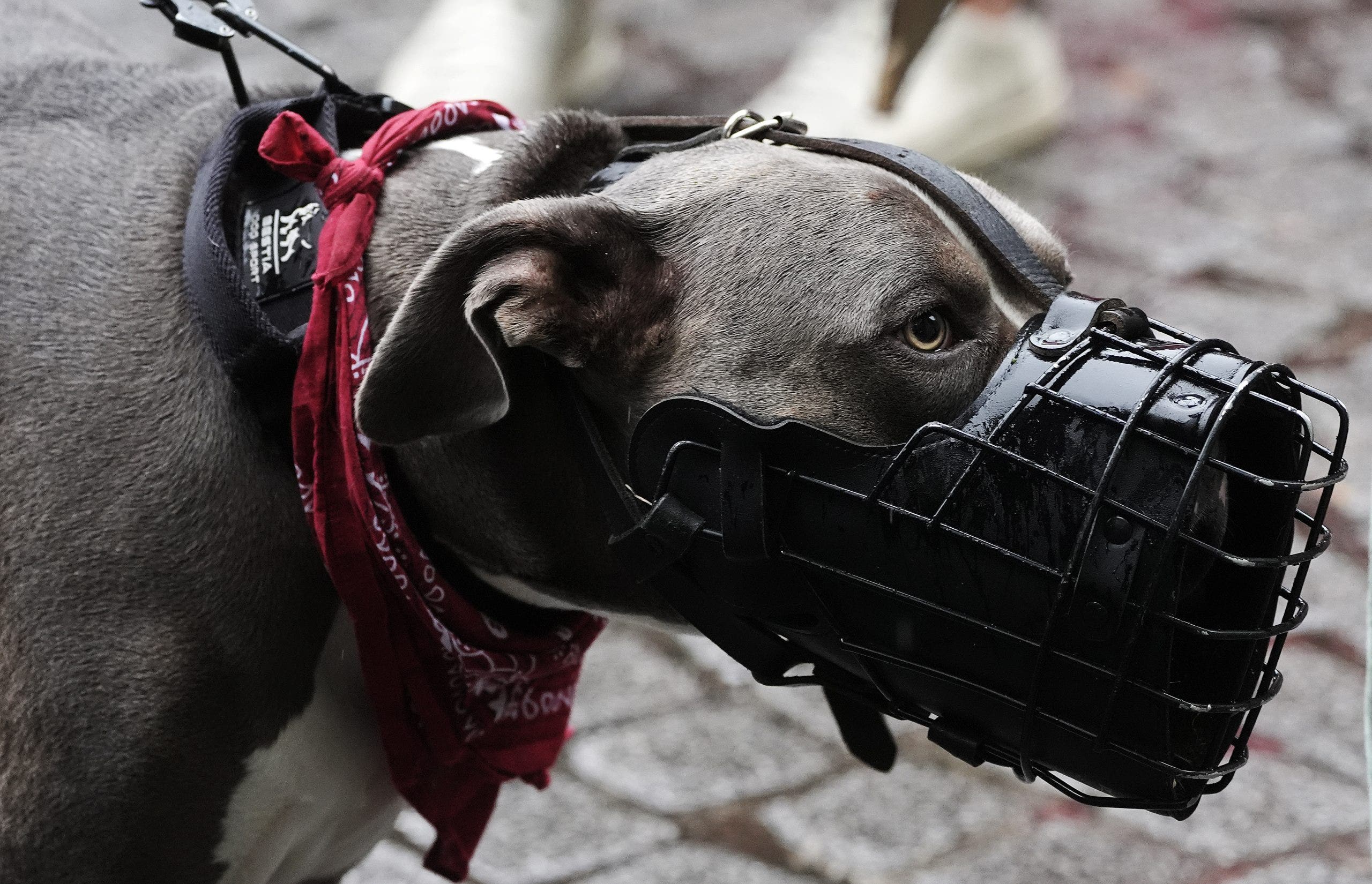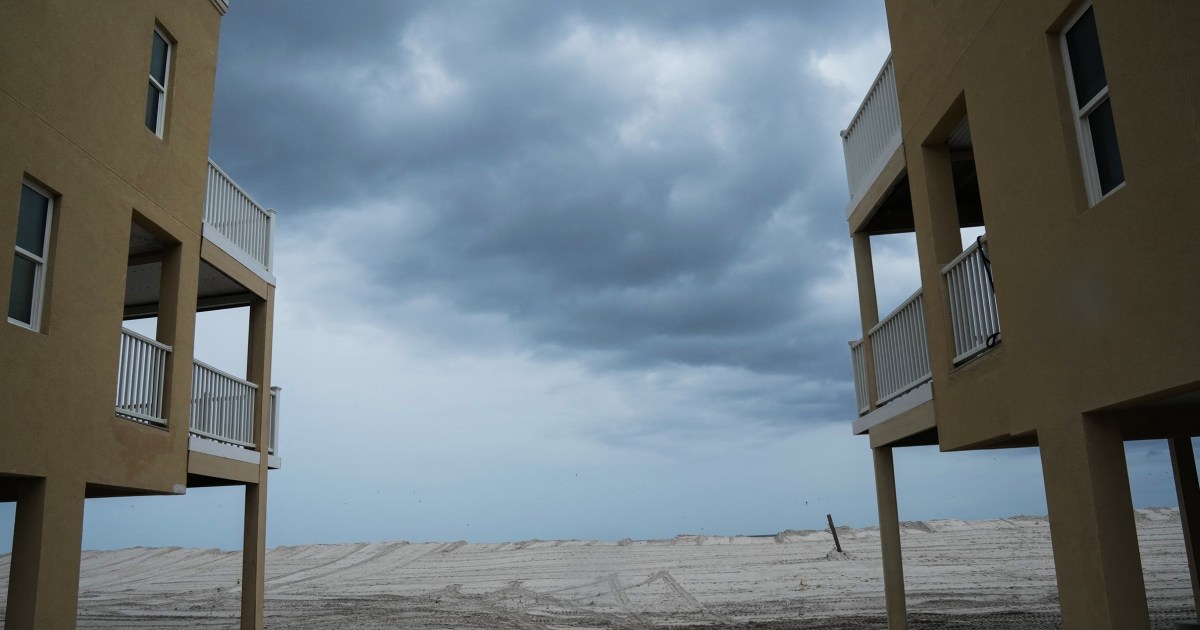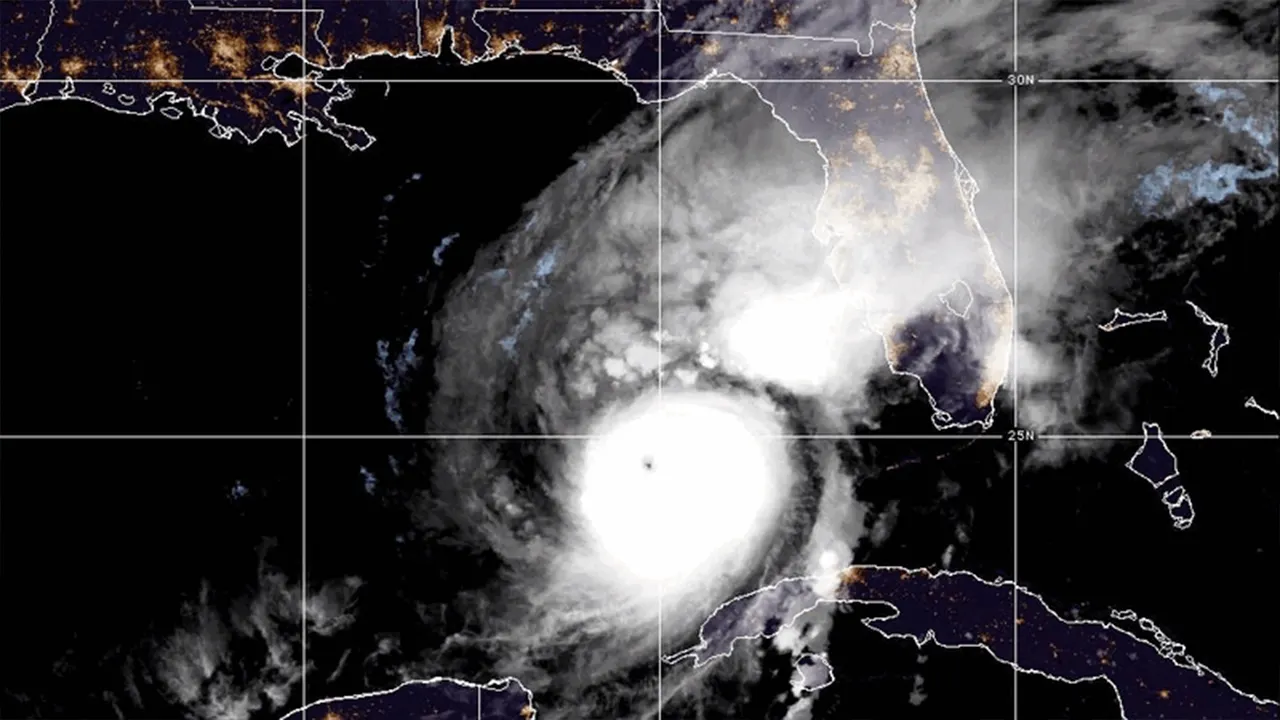The Department of Justice should investigate four of the nation’s biggest operators of youth residential treatment facilities for civil rights violations and fraud, Sen. Ron Wyden, D-Ore., argued Wednesday in letters to Attorney General Merrick Garland.
In two letters, obtained by NBC News, Wyden stated that his recent Senate investigation into the corporations — Universal Health Services, Acadia Healthcare, Devereux Advanced Behavioral Health and Vivant Behavioral Healthcare — turned up evidence of “rampant abuse, neglect and substandard care.” He alleged that many facilities “fail to provide the treatment they purport to” and instead provide “worthless services” that don’t meet federal standards.
Wyden asked the DOJ to probe whether states are violating the Americans with Disabilities Act by placing children in residential facilities when they could be getting services at home. And he requested the department look into whether the companies are committing fraud by providing substandard care and violating Medicaid regulations, which apply to these facilities because they serve thousands of foster youth and children from low-income families each year.
The letters are the latest escalation by congressional lawmakers of both parties to crack down on misconduct in youth treatment centers, sparked by a wave of activism by former patients and news articles detailing allegations of maltreatment within some facilities. In June, the Senate Finance Committee, which Wyden chairs, released a report asserting that the facilities’ poor treatment of children was driven by an effort to cut costs to maximize profit.
If the DOJ investigates and finds evidence to substantiate Wyden’s allegations, it has the power to negotiate policy changes and order financial penalties for the facility operators.
Devereux is a nonprofit organization, Vivant is a private for-profit company, and Acadia and UHS are publicly traded corporations. Most of the examples of problems highlighted in the Senate report were from programs run by Acadia and UHS.
“It’s unfortunate Devereux continues to be lumped together in the senator’s thinking with a group of for-profit corporations, which may not operate in a similar manner to us,” Leah Yaw, chief strategy officer for the organization, said in an email. She said that none of the examples of concerning incidents cited in Wyden’s letters occurred at Devereux facilities.
In a statement to NBC News, UHS disputed the report’s characterization of its facilities, calling it “a false narrative” based on isolated incidents, and defended “the hard work of the dedicated staff at these facilities whose only mission is to improve the lives of the residents they care for.”
Acadia said it also strongly disagrees with how the report portrayed its facilities, which the company said in a statement are “highly regulated and are required to meet policies and standards set by federal, state, and local governments.”
Vivant did not immediately respond to a request for comment, but previously disputed the report’s description of its facilities as understaffed and neglectful.
The DOJ did not respond to a request for comment.
NBC News’ coverage of residential treatment centers
Wyden’s June report described examples at UHS and Acadia facilities in which children were restrained for refusing to consent to a strip search or stealing a staff radio, as well as cases in which children were isolated while they were given sedatives to calm their behavior. Wyden said these were clear violations of federal Medicaid rules prohibiting residential treatment facilities from restraining children to discipline them, and from simultaneously restraining and secluding children.
The report also described examples of some facilities with unsanitary conditions, including bugs, exposed broken glass and broken furniture, which the report characterized as “dangerous environments.”
“In light of the seriousness of these facts, I formally refer this matter to DOJ and request that you launch an investigation,” Wyden said in the letters.
Last month, Wyden asked two other federal agencies, the Centers for Medicare & Medicaid Services and the Administration for Children and Families, to set regulations that would steer states away from placing children in these facilities, again citing his Senate investigation.
Acadia and UHS have both paid multimillion-dollar settlements in recent years to resolve DOJ probes into their hospitals and psychiatric centers. However, those cases did not focus on youth facilities run by the companies, which Wyden is asking the DOJ to investigate.



